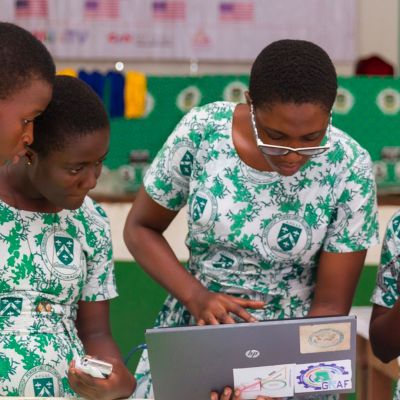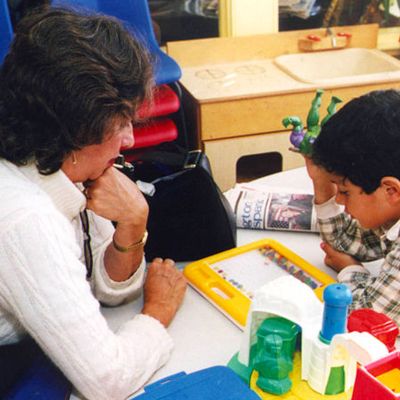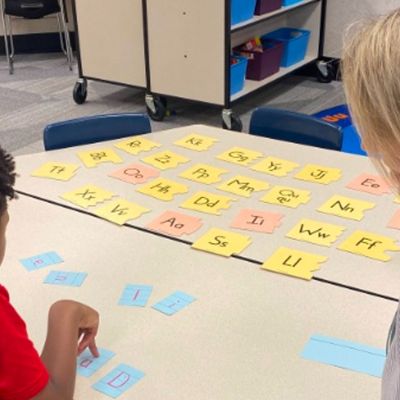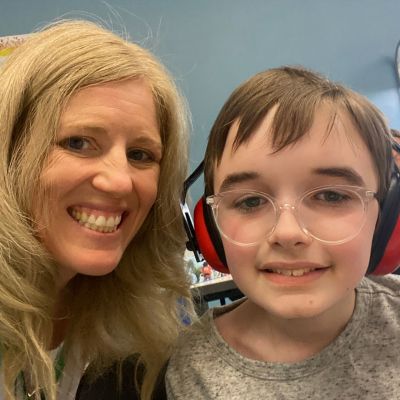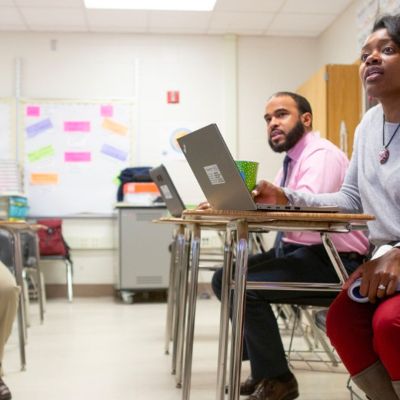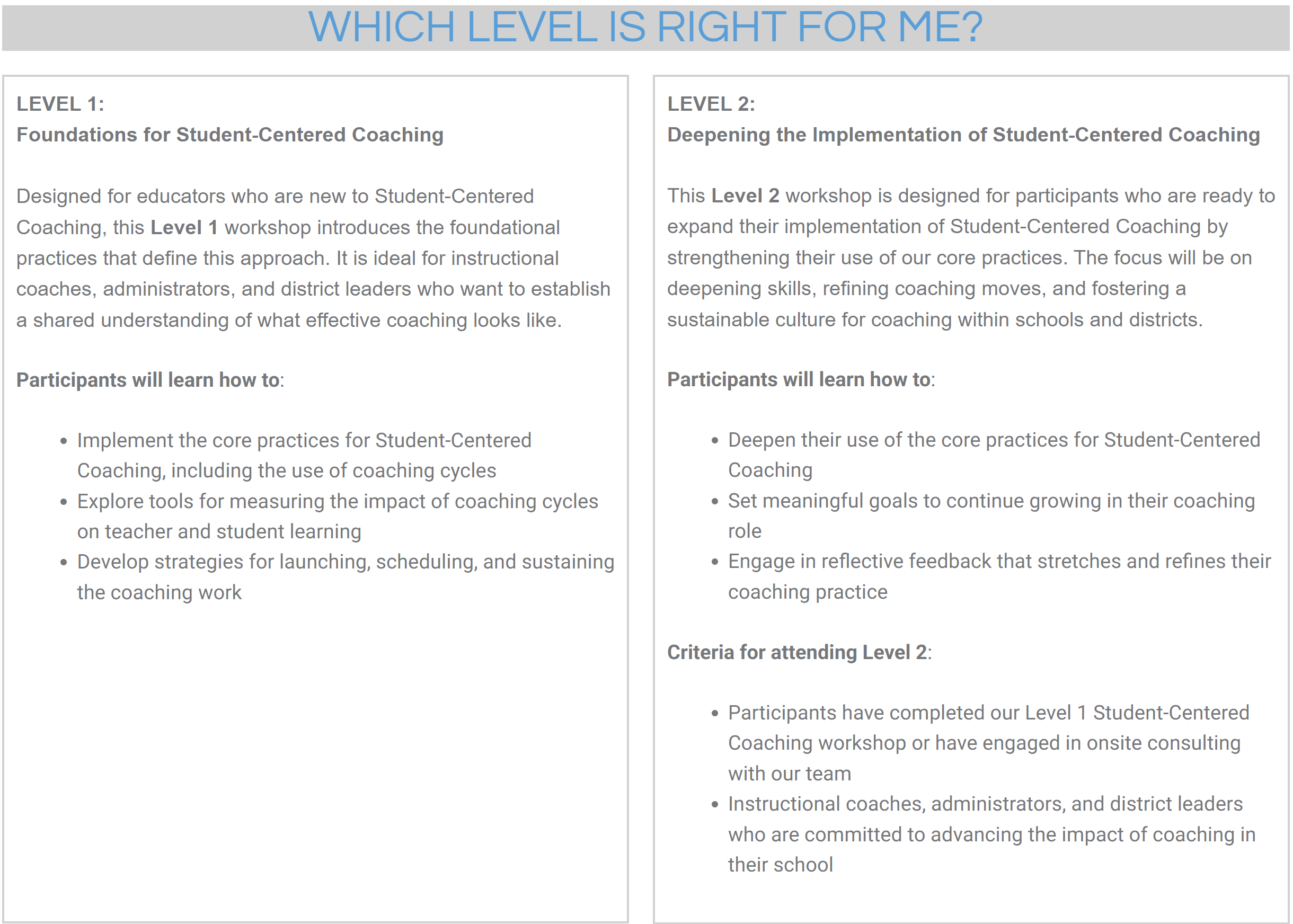Inclusion
Communicating with students’ caring adults is critical, and, in the world of special education, it is even more true. Nicolette Lesniak shares a number of benefits in building the home-to-school connection.
Modern Classrooms Project is striving to change the way teachers teach to make learning accessible for all students. Bo Gibson shares his experiences from implementing the Modern Classrooms approach in his high school classroom.
How can Early Childhood Educators best support their multi-language learners? Kristin Parisi shares multiple practical and easily implemented strategies!
Building classroom connections are critical for creating safe spaces to learn. Stephanie provides strategies which can be used in classrooms of students of all ages.
It’s a blessing to have an Instructional Assistant in a classroom. However, far too often, teachers are given little direction on how to best use the Paraprofessional’s skills. Let’s change that!
Collaboration between special education & general education teachers has numerous benefits for students. From personal growth in academics to classroom behaviors, the rewards are great for all involved.
The transition between schools is hard for all kids, and it is especially hard for kids with special needs. In this blog, we will learn why transitions are hard for exceptional learners and how parents and teachers can help them onto the path for a successful and easy transition to a new school.
Often special population departments work in isolation when servicing students, meanwhile many of these individuals fall in multiple subgroups. This blog will discuss one school’s success and one district’s journey to bridge the gap between special populations and general education departments. When these groups work together, teams can dig beyond the reading level to target specific skill deficits for readers to quickly reach proficiency.




